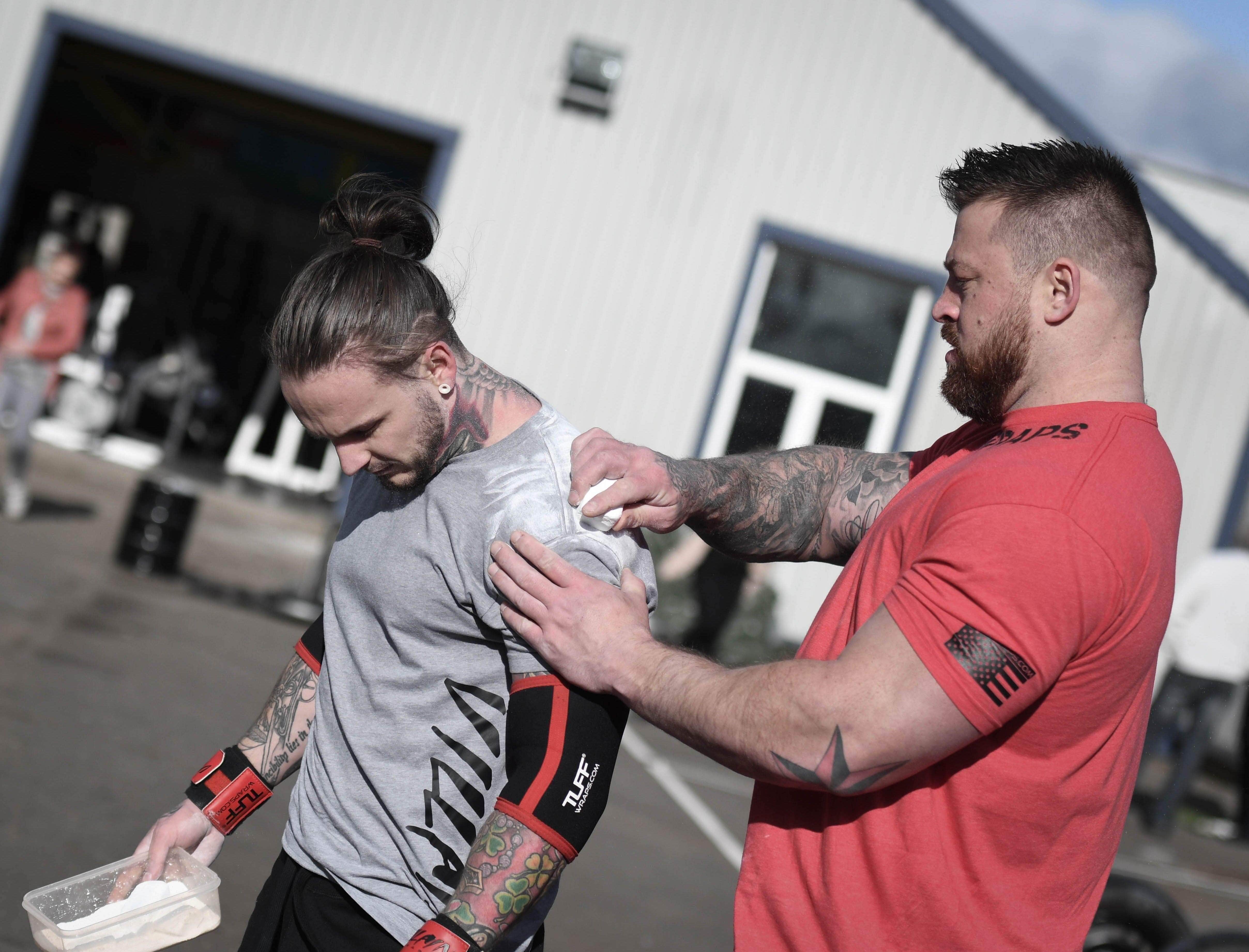Trembling fingers, sweating, shortness of breath, quickened pulse. Sounds like the symptoms one might experience if they were running for their life. In truth, these symptoms are typical among athletes that experience competition anxiety. This type of anxiety can happen any time in either a practice or a competitive setting. The unfortunate reality is when the worries of competition surpass an athlete’s perceived ability, anxiety becomes the inevitable result.
Anxiety has two components, cognitive and somatic. The cognitive component is generally made up of feelings of powerlessness, apprehension, and panic, while the somatic or physical component prompts a physical response which can include increased heart rate and breath, sweating, and trembling.
Some anxiety is beneficial as it can be helpful to stay mentally and physically alert. There are athletes that love the pressure of competition and feed off of the energy of the crowd or their fellow competitors. However, when anxiety becomes overwhelming, it can wreak havoc on physical and mental performance. If left unaddressed, sports related anxiety can negatively impact an athlete’s performance, can lead to more injuries, and ultimately increase the chance of an athlete dropping the sport altogether. The commitment to practice and the employment of various psychological and physical strategies can be of tremendous help in anxiety management.
Because competition anxiety affects both our mental and physical states, it is important to combat this anxiety from both fronts as well.
Reducing Mental Anxiety
Visualization
Visualization also known as imagery or mental rehearsal has been used by many athletes to manage anxiety and ultimately improve performance. The premise is to imagine oneself having a successful competition at an athletic event from one’s own perspective, not from that of an observer. An athlete can begin by closing their eyes and viewing the scene, the crowd, the field, the other competitors and imagine the physical movements they would have to make to have a successful performance.
Mindfulness Training
Mindfulness training is the practice of being fully aware in the moment. Research has shown that mindfulness training can change the structure of the brain, much like exercise can change the structure of the body. Mindfulness training begins by sitting upright in a relaxed posture and simply noticing the breath moving in and out of the body. The next step of this training is to simply be fully aware of the rhythm of breathing and when the mind wanders (which it will), one can gently return to the awareness of the rhythm.
Reducing Physical Anxiety
Progressive Muscle Training
Having tense muscles throughout the body is a clear indication of stress and can make an athlete more susceptible to injury. Research has shown that progressive muscle relaxation has the ability to reduce respiration rate, blood pressure, and can control muscle tension along with negative thoughts. This technique involves sitting upright in a chair and lifting the feet off the floor and flexing the muscles of the feet and calves for as hard as possible for 10 seconds. The idea is to progress through the rest of the major muscle groups all the way up to the head.
Proper Nutrition and Hydration
Performing on an empty stomach can drop the blood sugar which leads to feelings of increased nervousness. Also, getting hopped up on caffeine before an event can cause jittery feelings which can also increase anxiety. So you may want to avoid either of those.
Eating a well-balanced diet, which includes complex carbohydrates on game day can optimize an athlete’s performance. Why complex carbohydrates versus simple carbohydrates? Complex carbohydrates are metabolized more slowly which helps to maintain a more even blood sugar level making one feel more balanced and calm.
Falling prey to dehydration as an athlete can be detrimental to performance. Studies have shown that being just slightly dehydrated can increase the stress hormone cortisol, which negatively affects the entire body. While there are no strict rules for how much water an athlete should drink, the American Council on Exercise has suggested these basic guidelines:
- Drink 17 to 20 ounces of water 2 to 3 hours before beginning to exercise.
- Drink 8 ounces if water 20 to 30 minutes during a warm-up.
- Drink 7 to 10 ounces of water every 10 to 20 minutes during exercise.
- Drink 8 ounces of water no more than 30 minutes after exercise.
If feelings of nervousness and anxiety interfere with sports performance, learning how to manage the fear through various techniques may reduce game day nerves and lead to a more successful performance.
Stay Tuff,
Team TuffWraps
